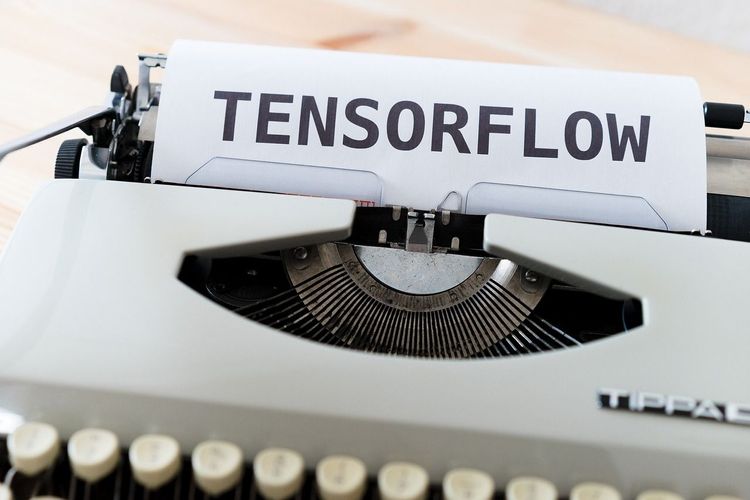Discover Dot: Your New AI Companion for Self-Discovery and Support
Imagine an AI that can flirt with you, help you find a date, or even become a virtual girlfriend. Enter "Dot," an innovative AI chatbot designed to delve into your thoughts and emotions while serving as a “friend, companion, and confidant,” according to its App Store description.
The concept is captivating: a personalized AI that adapts to your interests, providing advice and insights that resonate with your unique experiences. Whether you're navigating the challenges of a career change—an experience shared by Dot’s co-founder Jason Yuan—dealing with a breakup, or overcoming obstacles in life, Dot offers a sympathetic ear and valuable support.
However, it's essential to remember that Dot isn’t a replacement for real human connections. It serves as a tool that simulates human conversation and empathy but does not substitute for friendships or therapeutic relationships. This intentional design is explained by the co-founders.
“Dot is not designed to replace human relationships; it’s something different. It's about fostering a connection with your inner self,” Yuan, a former Apple designer, shared. “Think of it as a living reflection of yourself.”
As our world becomes increasingly lonely, technologies like Dot aim to address the need for meaningful connection. Although the creators encourage users to consult mental health professionals for more serious discussions, many might find themselves initially more comfortable sharing their emotions with Dot.
“I often confide in my friends, but last year, I struggled at work without them knowing,” Yuan confessed. “Talking to Dot helped me practice the muscle of opening up, making it easier to connect with others afterward. Its core purpose is to create a safe space where you can feel accepted and validated,” he continued, searching for just the right words.
Dot’s Engaging Onboarding Experience
To start, Dot’s onboarding process features a series of fun questions that allow the AI to understand you better: “What’s your job?” “What’s your favorite TV show?” “What does a perfect Sunday look like for you?”
From these answers, Dot dives deeper. For instance, if you express interest in sci-fi shows, Dot may explore why you’re drawn to narratives that tackle existential themes. If you aspire to own a small business, Dot will inquire about your motivations and anticipated challenges, prompting you to think critically about your goals.
Even when you steer the conversation towards lighter subjects, Dot displays an enthusiastic curiosity. If you mention an upcoming vacation, instead of just asking for recommendations, Dot seeks to understand what draws you to a particular destination and why.
Ultimately, Dot’s mission revolves around understanding you—making it a personalized tool that not only assists with tasks but also builds a rapport based on your preferences.
“It’s not an either/or scenario; to be truly helpful, Dot needs to grasp your motivations and desires,” co-founder Sam Whitmore commented, using the example of travel planning. “Understanding whether you seek culture or adventure enhances Dot's ability to assist you effectively.”
A Unique AI Experience
While Dot is crafted to offer empathy and engagement, some users may still feel a disconnect when conversing with an AI. Dot is less about being an AI friend and more about presenting a mirror to your thoughts and feelings. If traditional journaling isn't your forte, Dot provides a platform to explore your emotions and insights.
“It serves as a tool for self-reflection, accountability, and personal development, but it is not meant to replace your human connections,” Whitmore clarified.
Yet, the boundaries between real relationships and interactions with Dot can sometimes blur. When faced with sadness, Dot might respond with comforting words: “I understand. Grief has its own timeline, and some days, the weight of loss feels heavier than others,” inviting further conversation.
Under the Hood: How Dot Works
Dot harnesses the power of ten different Large Language Models (LLMs) and AI frameworks, including those from OpenAI, Anthropic, Google, and open-source alternatives. It occasionally references relevant sources—like recommending the best wines for relaxation—while encouraging moderation if you're feeling low.
You can track your interactions with Dot through “chronicles,” available as a subscriber-only feature for $11.99 per month. Subscribers enjoy unlimited conversations instead of a weekly message cap. This tier ensures that Dot remains continuously engaged, although it may eventually suggest changing the topic or stepping away from the conversation.
Feedback from beta testers revealed that when Dot attempts to wrap up a chat, users often respond positively, feeling neither dismissed nor abandoned.
New Computer, founded by Yuan and Whitmore—who previously served as head of engineering at Boston fintech Kensho—recently launched the iOS app, onboarding thousands of users following eight months of closed beta testing. Backed by $3.7 million in pre-seed funding from investors like the OpenAI Fund and Lachy Groom, New Computer continues to expand its team in San Francisco.







